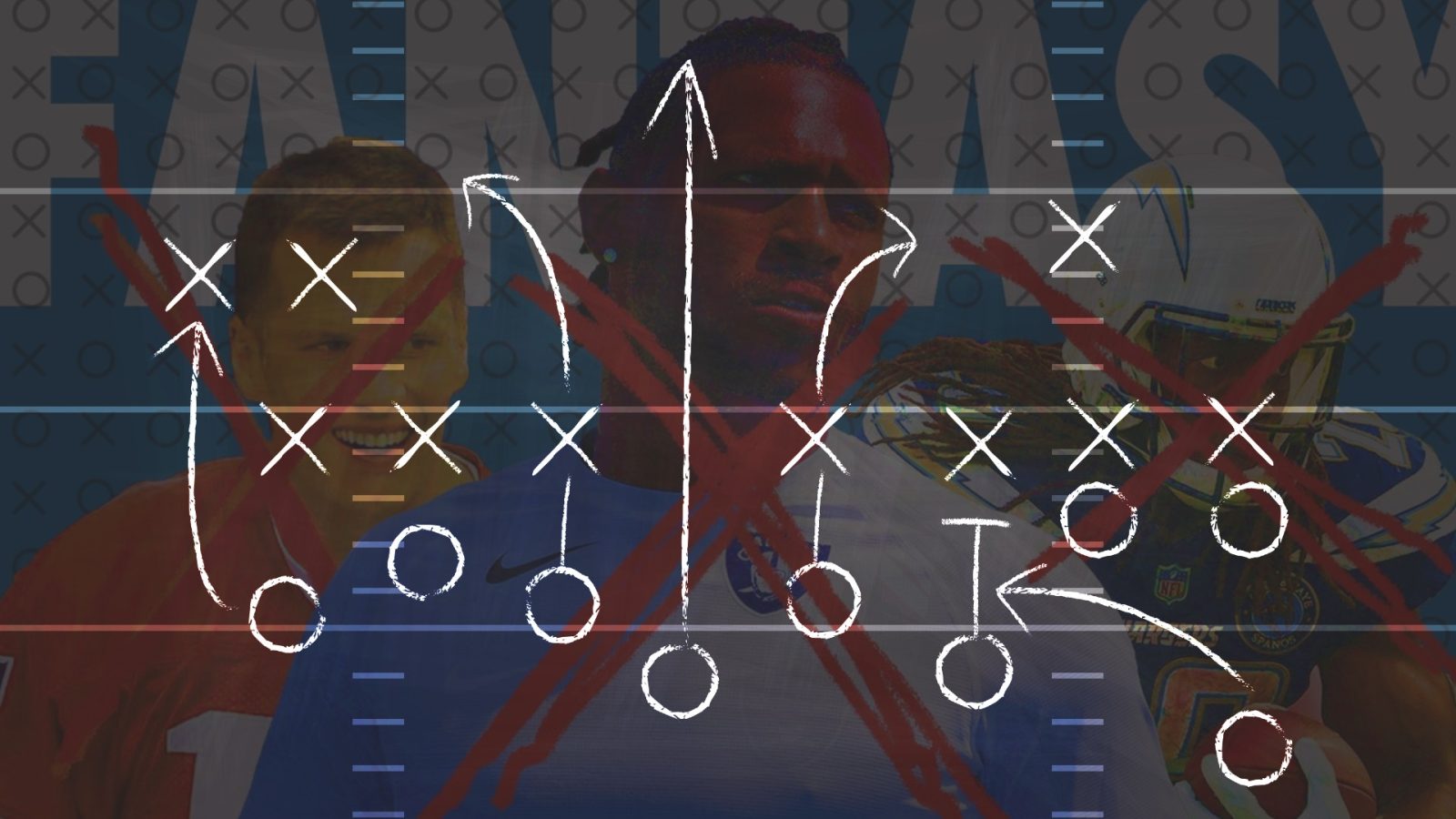Daily fantasy sports continues to mutate and survive.
It weathered attempts by New York’s attorney general to declare it illegal gambling in 2015, and it found its way after the advent of state-regulated legal sports betting with the nullification of the Professional and Amateur Sports Protection Act in 2018.
It found a niche in sportsbook-like pick ‘em style against-the-house games, but some state regulators rebuked them, so it deftly pivoted into peer-to-peer contests those officials found more palatable.
With giants DraftKings and FanDuel still offering DFS as their empires have expanded into sports betting, online casino, and even horse racing and lottery, small upstarts with big ideas continue to emerge.
Most will fail for any of a multitude of reasons: weak idea, weak plan, weak funding.
Scott Hoyt, a DFS-industry consultant, wants to help give them a chance.
“The ecosystem is made up of these very large media companies doing fantasy sports,” Hoyt told InGame. “Everything from Yahoo to ESPN to CBS to FanDuel, DraftKings, they’re all out there doing their thing and thriving in an industry that’s growing leaps and bounds every year.
“But what’s really happening is, for us to have organic growth in this ecosystem, you’ve got to have new innovation, new thought processes, new thinkers. And that’s where a lot of these small companies are starting to find their niche. And there’s niches out there that can be easily transformed into a good business.”
In search of the next big idea
Hoyt’s prime example — PrizePicks — has enjoyed a fruitful month, announcing that lottery giant Allwyn had purchased a majority stake in the Atlanta-based company, then receiving federal approval to begin the process of eventually launching a prediction market. A decade ago, Hoyt noted, PrizePicks founder Adam Wexler was just another dreamer winning an “elevator pitch” contest at a trade association for the idea behind PrizePicks’ small predecessor, SidePrize.
“Not small anymore,” Hoyt said. “The PrizePicks of the world are out there and they’re starting to build.
“There’s at least 12 to 15 companies that I know of who are on that verge of, I think, some breakthrough technology.”
This is crucial for a sustained industry, said Ed Moed, the chief executive officer of the Hot Paper Lantern marketing and communications firm.
Gaming companies “need to learn to offer different types of value to be able to survive and to hopefully do well,” he said. “I do see some real innovation, but of course, there’s been a lot of fallout where companies just haven’t made it over the last year, whether they couldn’t raise capital or the business model just didn’t have what it takes in terms of the needs of their customer, basically.”
And it’s not like the kings are ready to abdicate.
“A couple years ago in the summer, we went into this obsessive sprint to launch this product called Pick6, which is now a big competitor in the space that companies like PrizePicks and Underdog interact in,” DraftKings Chief Product Officer Corey Gottlieb told InGame. “It was a great example of where we recognized that there was a customer desire for a particular type of product where you could easily make a few picks, set it and forget it, spend a little to win a lot. All the customer attributes were there.
“We were like, ‘Our customer wants this. We can’t not be here.’ But it was a delicate space in terms of regulatory and legality. And so we had to find the right sort of infrastructural way to enter it such that we felt really good about the product we were launching. And at that period of time, that was the most important thing in the company. That was the thing. One of the reasons why DraftKings has been pretty dynamic is because there’s always a thing that we are trying to figure out. And I think we have a lot of good operational innovation in figuring out how to solve it.”
From hobby to post-retirement plan
Hoyt, who’s been playing fantasy sports since 1989, decided to make his hobby a new focus upon retiring from a corporate career five years ago. That led him to the Fantasy Sports and Gaming Association, where he’s served on the public relations and membership committees. Through his interactions with aspiring DFS entrepreneurs, Hoyt discovered his own niche in the industry: using his experience to make connections to bridge gaps.
“I met a whole lot of people who, like me, had a great enthusiasm for this thing called fantasy sports,” he said. “And through that association meeting these people, I realized that there was an opportunity to help startups and relatively brand new organizations that had great ideas, great technology or whatever it was that they were trying to bring to the marketplace, but still had a little bit of void in building what I just call overall strategic footprint.
“That could be, they need an extra piece of technology, they need software development, what media company should they talk to — it could mean a whole host of things.”
Hoyt formed the Fantasy Sports Strategies consulting firm to address those new companies’ needs.
“I’m not going to make a lot of money doing this,” he said. “That’s the furthest thing from my mind.
“My vision is simple: Help these companies thrive, help the industry grow. End of story.”
AI will lead lead the next charge
The next great DFS success story, Hoyt said, likely is rooted in artificial intelligence, either in analytics or efficiencies built inside apps. But social interaction, which is a focus on multiple gaming platforms including DraftKings and PrizePicks, still has room to innovate, Hoyt said.
“I play in multiple fantasy football leagues, but I would love to have a platform that can show all my teams on one little website or one platform,” he said. “One does [exist currently] but it’s still a bit clumsy.
“I know of at least one company that’s looking at that. Sleeper’s a new platform that I think has been very well received over the last couple of years. There’s the traditional media and content providers that are out there. There’s social features out there. So there’s a lot of essential components and services that are out there. And I think innovation can come from any one of those. But I think that the data and the analytics are going to be the ones that are going to see the most innovation going forward. And I think AI plays a critical role.”
Female-centric apps ready to boom
Hoyt believes that a female-targeted fantasy app has huge potential, with Laces Sports, he said, positioning itself to take advantage. The site, which is currently in beta and building a waitlist, bills itself as “The fantasy sports platform designed for women and casual fans.”
A North American Society for Sports Management report found that females comprised nearly 38% of the fantasy market in 2023, and this year, the number of females aged 35 and older visiting the Yahoo fantasy app increased by 61%, year over year, through August.
“There’s a huge swell of women being involved in fantasy sports,” Hoyt said. “They represent the fastest-growing demographic group. I think part of that was created because of the success of the WNBA. I think that there are companies out there that are addressing, specifically, that marketplace.
“There’s some cool stuff going on out there.”
What’s next?
Ultimately, Hoyt believes, the new synergy will meld fantasy, sports betting, and prediction markets closer together, undoubtedly requiring much work for legislators and regulators. In the process, there will be an expansion, he believes, of a fantasy industry with an estimated 84 million participating in the United States and Canada.
This cohort will demand new things, as usual.
“When you have that type of fan base, user base, subscriber base,” Hoyt said, “people looking for new ways to engage with the community, engage with fans, engage with paying customers, I don’t think the innovation is going to go away anytime soon.”






